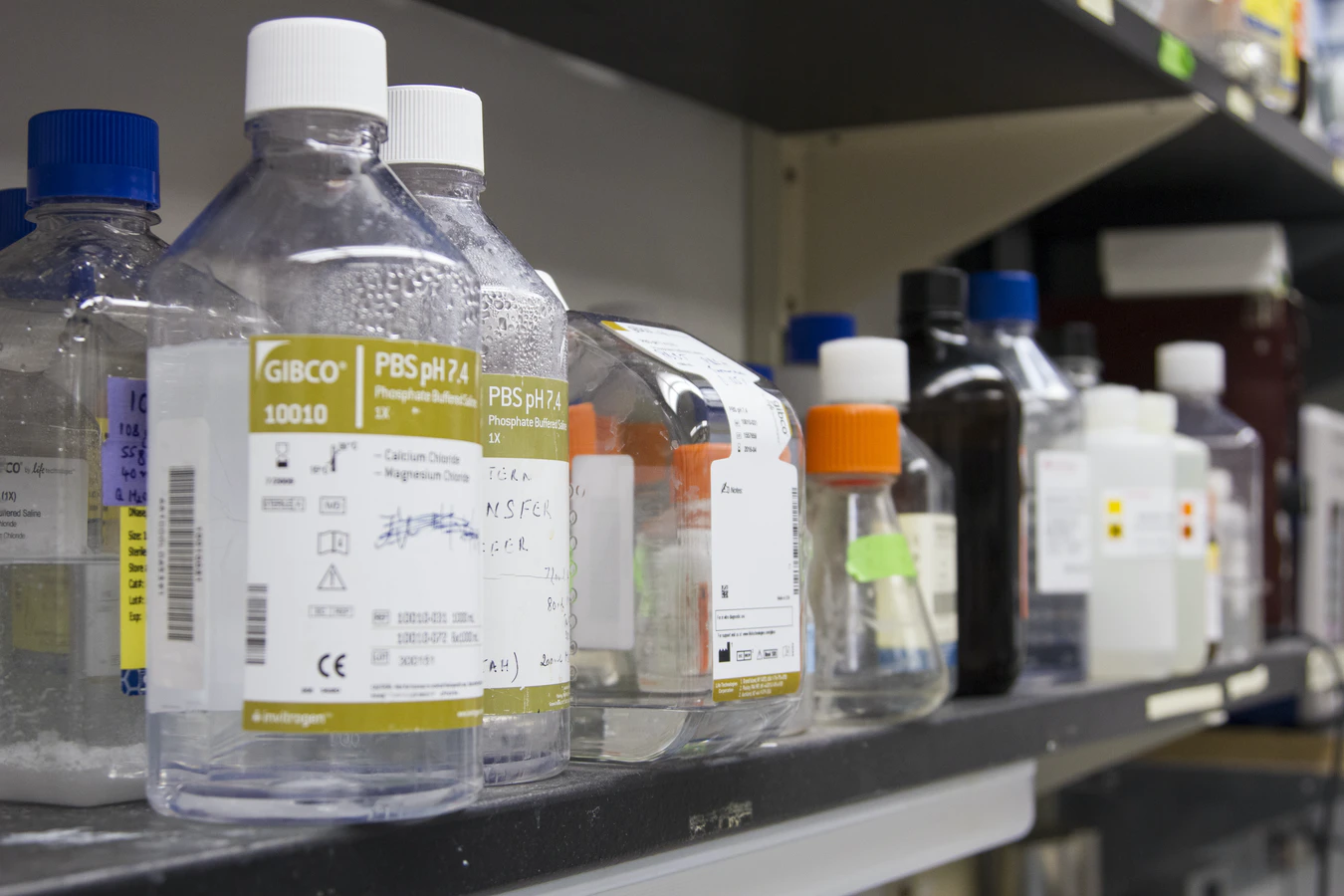The liver is one of the most important organs in the body. This important part of the body helps metabolize, detoxify, and helps synthesize proteins to maintain healthy functions. The problem with such an important organ is that it is just as susceptible to damage and disease as the other organs.
Liver disease is a wide-spanning term that can encompass a lot of issues that occur within the organ. It can be caused by alcohol, poor diet, or ingested toxins. Knowing the symptoms of liver disease and how to combat it can help save your life and make your bodily functions run smoothly.
Types of Liver Diseases
First and foremost you need to know what kind of liver diseases there are. There are quite a few but these are the most common when discussing conditions pertaining to the liver:
- Hepatitis
- Fatty liver
- Liver cancer
- Cirrhosis
- Autoimmune disorder
- Genetic liver disease
As you can see, there are quite a lot of different conditions that affect the liver. They range from dietary causes, hereditary conditions, transmitted diseases, and the like. For each of these different types of liver disease, there are different types of conditions as well.
Most general symptoms that are associated with liver disease are discoloration in urine (very dark), jaundicing of the skin, discoloration of stool, vomiting, nausea, bruising, and lethargy. In specific liver diseases like fatty liver diseases, there are problems like weight loss, joint pain, and swelling of different body parts.

What to Do About Liver Disease
The first part of combatting liver disease is recognizing it. Abdominal pain can mean a lot of things but when combined with many of the symptoms listed, you can start to understand that your liver may be battling something more serious. Luckily enough, treating liver diseases quickly can result in a successful outcome, and here are ways to do so:
Reducing Alcohol Intake
Cirrhosis of the liver is one of the most common types of liver diseases that are caused by alcohol consumption, but not the only. Drinking excessive amounts of alcohol can be disastrous long term for the liver, and the most common, because it has a hard time trying to regulate the intake of alcohol proteins. This can lead to problems like skin irritation and rashing, discolored urine, and other problems with metabolization.
Dietary Supplements
Introducing dietary supplements to your daily routine can help bolster the liver’s functions, and some are very popular. Milk thistle is routinely recommended because of its naturally occurring form from the plant of the same name, and it has something known as silymarin which is good for antiviral and antioxidant production. These reviews from Nutrition & Diet News show how useful, and available, milk thistle is for liver treatment. Ginger and turmeric root are also good, but make sure not to take too much Vitamin A as it is not good in high concentrations for the liver.
Lifestyle Changes
Alcohol intake is not the only lifestyle change that should be adhered to when trying to either reduce your risk of liver disease or treat it. Maintaining a healthy weight is important as well because it means less stress on the internal organs and less maintenance that the body has to commit to when performing its functions. Metabolizing fatty foods is tough on the body unless they are healthy sources like unsalted nuts or fish. Try to cut back on fried, greasy, and processed foods like takeout.
Drinking More Water
The easiest thing to do on this list is something that is overall beneficial to your health and is incredibly important for the liver. Urine is one of the indicators of problems with the liver and it is a function that helps flush toxins and particles out of the body that causes harm. The liver can only do so much, if it is not hydrated properly, it cannot push this waste out of the body well. Drinking enough water, and then some, during the day will help give the liver an advantage in keeping itself clean and forcing out any waste.
Maintaining a healthy liver is vital for the overall function of the body. The liver is a workhorse when it comes to keeping the body free of dangerous toxins, free radicals, and other waste that needs to be removed. Without the proper support, the liver cannot work at its best, and then liver diseases occur which cause symptoms that can be terrible long term. Knowing the symptoms is step one, then step two is how to resolve them and this list is a quick rundown to help you help your liver.

